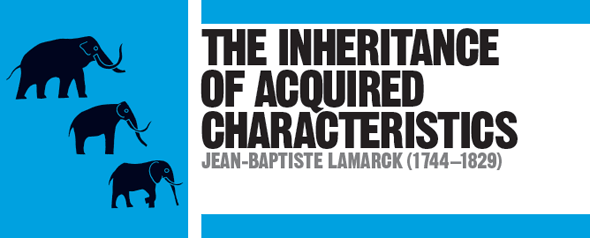
IN CONTEXT
Biology
c.1495 Leonardo da Vinci suggests in his notebook that fossils are relics of ancient life.
1796 Georges Cuvier proves that fossil bones belong to extinct mastodons.
1799 William Smith shows the succession of fossils in rock strata of different ages.
1858 Charles Darwin introduces his theory of evolution by natural selection.
1942 The “modern synthesis” reconciles Gregor Mendel’s genetics with Darwin’s natural selection, palaeontology, and ecology in trying to explain how new species arise.
2005 Eva Jablonka and Marion Lamb claim that non-genetic, environmental, and behavioural changes can affect evolution.
In 1809, French naturalist Jean-Baptiste Lamarck introduced the first major theory that life on Earth has evolved over time. The impetus to his theory was the discovery of fossils of creatures unlike any alive today. In 1796, French naturalist Georges Cuvier had shown that fossilized elephant-like bones were markedly different in anatomy from the bones of modern elephants, and must come from extinct creatures now called mammoths and mastodons.
Cuvier explained the vanished creatures of the past as victims of catastrophes. Lamarck challenged this idea, and argued that life had “transmutated”, or evolved, gradually and continuously through time, developing from the simplest life forms to the most complex. A change in the environment, he suggested, could spur a change in the characteristics of an organism. Those changes could then be inherited through reproduction. Characteristics that were useful developed further; those that were not useful might disappear.
Lamarck believed characteristics were acquired during a creature’s life and passed on. Later, Darwin showed that changes occur because mutations at conception survive to be passed on through natural selection, and the idea of “acquired characteristics” was ridiculed. But recently, scientists have argued that the environment – chemicals, light, temperature, and food – can in fact alter genes and their expression.
"What nature does in the course of long periods we do every day when we suddenly change the environment in which some species of living plant is situated."
Jean-Baptiste Lamarck
See also: William Smith • Mary Anning • Charles Darwin • Gregor Mendel • Thomas Hunt Morgan • Michael Syvanen